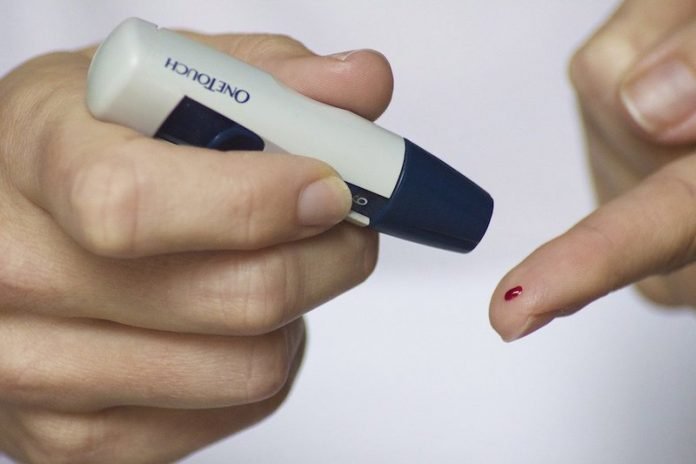
In a new study, researchers found new evidence that people with type 2 diabetes (T2D) are at greater risk of a poor outcome if they are infected with the virus that causes COVID-19.
But there is some encouraging news: people with T2D whose blood sugar is well-controlled fare much better than those with more poorly controlled blood sugar.
The research was conducted by a team at the Renmin Hospital of Wuhan University.
More than 500 million people around the world have T2D. While it was clear that people with this condition fare worse with COVID-19, the team wondered what role a person’s blood glucose control might have on those outcomes.
To find out, they conducted a retrospective longitudinal multi-centered study including 7,337 confirmed COVID-19 cases enrolled among 19 hospitals in Hubei Province, China.
Of those, 952 people had T2D and the other 6,385 did not. Among those with diabetes, 282 had well-controlled blood glucose; the other 528 did not.
The data showed that people admitted to the hospital with COVID-19 and T2D required more medical interventions.
Despite those interventions, they also had much higher mortality (7.8% vs. 2.7%) as well as a greater incidence of multiple organ injury.
However, those with well-controlled blood sugar and COVID-19 were less likely to die than those whose blood glucose was poorly controlled.
Meanwhile, those with well-managed T2D also received less of other medical interventions including supplemental oxygen and/or ventilation and had fewer health complications.
The researchers say the new findings offer three main messages for people with diabetes:
People with diabetes have a higher risk to die from COVID-19 and develop more severe complications after infection. Therefore, they should take extra precautions to avoid becoming infected.
People with diabetes should take extra care to keep their blood sugar under good control during the pandemic.
Once infected, patients with diabetes should have their blood glucose level controlled to maintain it in the right range, in addition to any other needed treatments.
The researchers say they will continue to study the link between T2D and COVID-19 outcomes.
The hope is to learn more about the underlying biology that is leading to poorer outcomes for people with T2D and high blood sugar.
One author of the study is Hongliang Li of Renmin Hospital of Wuhan University.
The study is published in the journal Cell Metabolism.
Copyright © 2020 Knowridge Science Report. All rights reserved.



